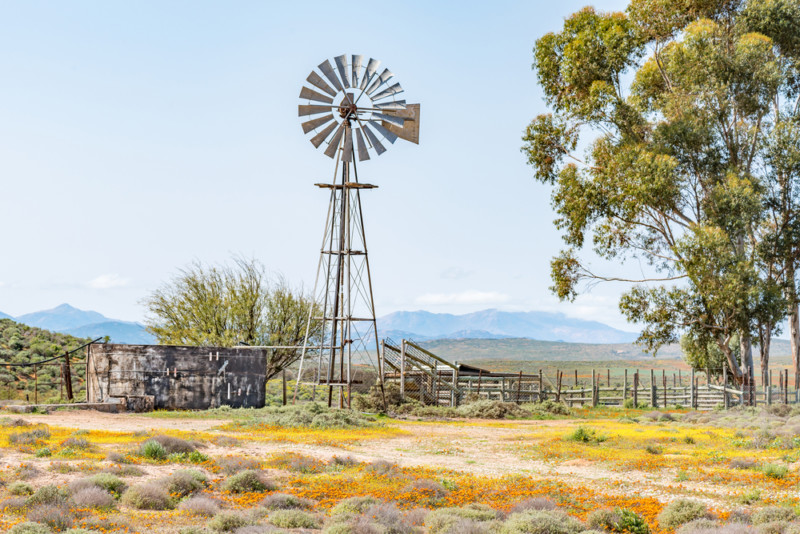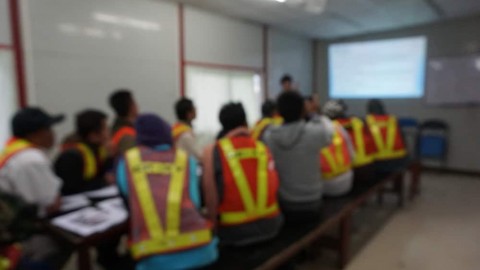The Western Australia Government has committed $12.75 million to rural water projects over the next three years to support regional communities in areas of low rainfall.
More than $4 million will contribute to new or upgraded non-potable water supplies in rural towns and on farms, fulfilling all approved commitments under the Watering Western Australia Towns and Farms programs.
This includes funding of more than $2.1 million for eight non-potable water supply projects in the shires of Kojonup, Wongan-Ballidu, Esperance, Coorow, Cunderdin, Broomehill-Tambellup, Toodyay and Boddington.
Minister for Water, Dave Kelly, said, “Developing and improving alternative water supplies is a priority for communities and farms in these low rainfall areas of the state, particularly in the face of continued climate change.
“New and expanded water supplies will support quality of life for these rural communities, and assist productivity by helping relieve water stress in dry times, including extra capacity for firefighting.
“The work in the Lower Avon will help improve the health of waterways that are iconic to this area, and support tourism and recreation, and riparian uses.
“These funds reflect strategic investment in rural towns and communities to support social and economic growth.”
Funds will also cover contributions of up to $20,000 for on-farm water supply projects on 127 farms in areas accessing reticulated scheme water that have successfully participated in water audits under Watering Western Australian Farms in the 2016-17 financial year.
The State Government has also approved $1.65 million for a suite of water quality improvement projects in the Lower Avon covering restoration of native vegetation, nutrient mapping and management, and water quality monitoring.
While no new applications will be processed for the Watering Western Australian Towns and Farms programs, the State government has committed $6.25 million to continue the long-running Rural Water Planning grants and rebates.
These grants and rebates can be claimed for water supply projects, audits and improvements in rural towns and on dryland farms and pastoral stations.















